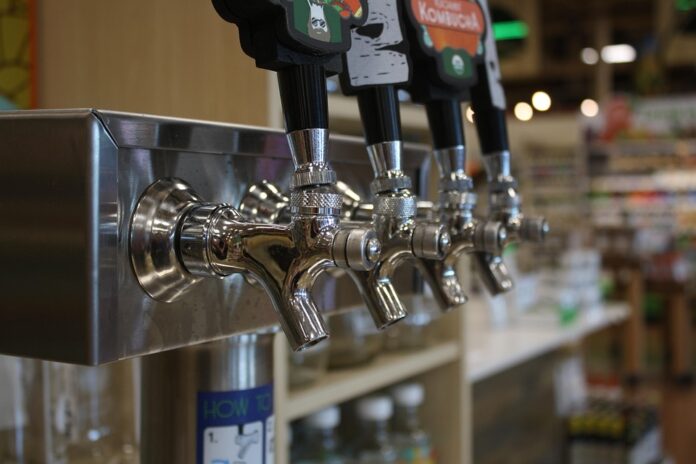Introduction
Fermentation tanks play a crucial role in the production of probiotic drinks and low-alcohol beverages. These tanks are specifically designed to create the ideal environment for fermentation, allowing the growth of beneficial bacteria and yeast that are essential for the production of these beverages. In this report, we will explore the importance of fermentation tanks in this industry, the key players in the market, and the financial aspects associated with these tanks.
The Importance of Fermentation Tanks
Fermentation tanks are essential for the production of probiotic drinks and low-alcohol beverages as they provide a controlled environment for the fermentation process to take place. These tanks are typically made of stainless steel or other food-grade materials to ensure the purity of the final product. The tanks are equipped with temperature controls, agitation systems, and monitoring devices to ensure that the fermentation process is carried out efficiently and effectively.
Probiotic Drinks
Probiotic drinks are beverages that contain live beneficial bacteria that are known to promote gut health and boost the immune system. These drinks are typically made through the fermentation of milk or plant-based ingredients using specific strains of bacteria such as Lactobacillus and Bifidobacterium. Fermentation tanks are crucial in this process as they provide the optimal conditions for these bacteria to grow and multiply, resulting in a probiotic-rich beverage.
Low-Alcohol Beverages
Low-alcohol beverages, such as kombucha and low-alcohol beer, are produced through the fermentation of sugars by yeast. Fermentation tanks are used to control the temperature, pressure, and oxygen levels during the fermentation process to ensure the desired alcohol content and flavor profile of the final product. These tanks are essential for the production of consistent and high-quality low-alcohol beverages.
Key Players in the Market
There are several companies that specialize in the manufacturing of fermentation tanks for probiotic drinks and low-alcohol beverages. Some of the key players in the market include:
1. GEA Group AG: GEA Group AG is a German-based company that offers a wide range of fermentation tanks for various industries, including food and beverage. They are known for their high-quality tanks that are designed to meet the specific requirements of probiotic drink and low-alcohol beverage producers.
2. Alfa Laval AB: Alfa Laval AB is a Swedish company that specializes in the production of equipment for the food and beverage industry, including fermentation tanks. They offer a range of tanks that are designed to optimize the fermentation process and ensure the quality of the final product.
3. Paul Mueller Company: Paul Mueller Company is a US-based manufacturer of stainless steel equipment, including fermentation tanks. They are known for their innovative designs and high-quality tanks that are used by many probiotic drink and low-alcohol beverage producers.
Financial Data
The cost of fermentation tanks for probiotic drinks and low-alcohol beverages can vary depending on the size, material, and features of the tank. On average, a fermentation tank can cost anywhere from $10,000 to $100,000 or more. The cost of these tanks is a significant investment for producers, but it is essential for ensuring the quality and consistency of the final product.
Industry Insights
The market for fermentation tanks for probiotic drinks and low-alcohol beverages is expected to grow in the coming years as consumer demand for these products continues to rise. Probiotic drinks are gaining popularity due to their health benefits, while low-alcohol beverages are becoming a preferred choice for consumers looking for a healthier alternative to traditional alcoholic drinks. This growth in demand is driving the need for more advanced and efficient fermentation tanks to meet the production requirements of these beverages.
In conclusion, fermentation tanks play a critical role in the production of probiotic drinks and low-alcohol beverages, providing the ideal environment for fermentation to take place. Companies like GEA Group AG, Alfa Laval AB, and Paul Mueller Company are leading the market in the manufacturing of these tanks. The financial investment in fermentation tanks is significant, but crucial for ensuring the quality and consistency of the final product. As the demand for probiotic drinks and low-alcohol beverages continues to grow, the market for fermentation tanks is expected to expand, driving innovation and advancements in this industry.




